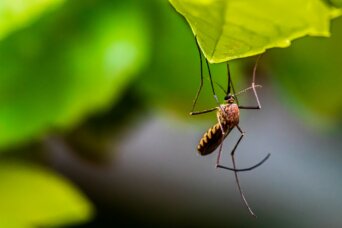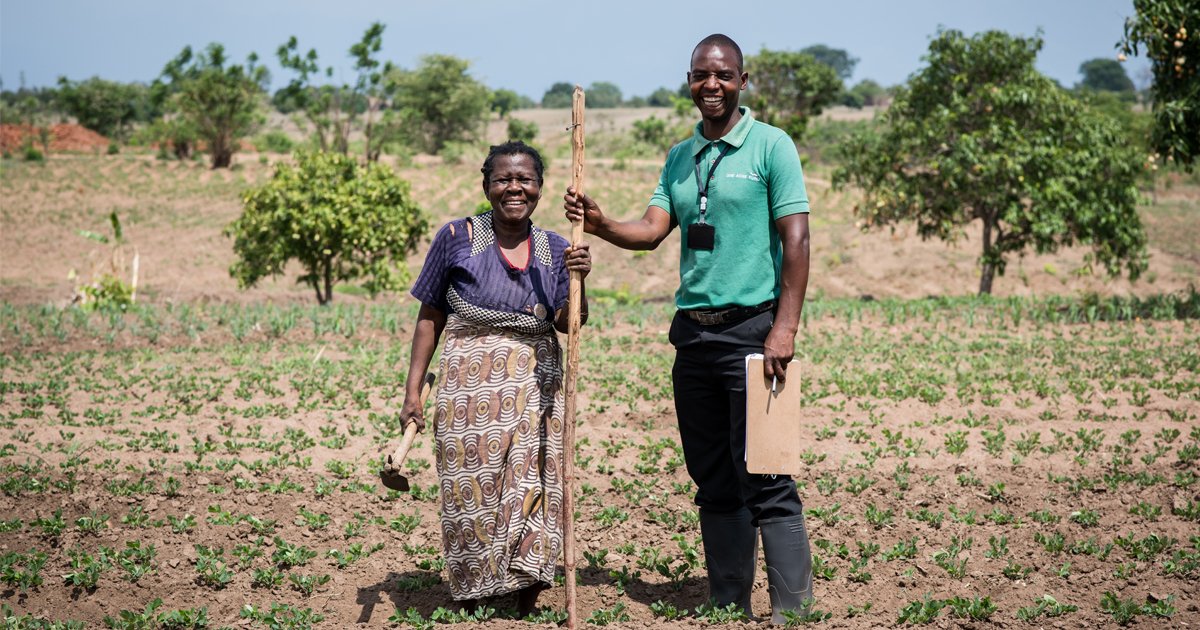- About
- Topics
- Picks
- Audio
- Story
- In-Depth
- Opinion
- News
- Donate
- Signup for our newsletterOur Editors' Best Picks.Send
Read, Debate: Engage.
| topic: | Health and Sanitation |
|---|---|
| editor: | Bob Koigi |
For a disease that annually claims the lives of over 260,000 African children under five, the recent recommendation by the World Health Organisation for mass deployment of a new breakthrough vaccine against Malaria is a historic and key moment in the journey towards total elimination of the deadly disease.
The RTS,S Malaria vaccine, known by its brand name Mosquirix, is the product of decades of research and targets the most deadly and common malaria parasite in Africa - the Plasmodium falciparum. Africa carries the heaviest burden of the disease.
Research and trials on the vaccine showed a 30 percent reduction in severe malaria symptoms after it was administered to children. While this efficacy may seem modest, it remains the most potent solution so far for a disease that continues to have devastating effects on childhood development, livelihoods and economies.
While complementing other malaria control solutions, like drugs and insecticide-treated nets, the vaccine has also inspired the next generation of more potent and effective vaccines as the world focuses on the goal of zero deaths from Malaria.
As the world celebrates this historic moment in modern medicine, the success of the vaccine lies in the enhancement of mass distribution, the increase in collaboration for streamlining the supply chain and the investment in local health facilities in terms of personnel and infrastructure.
The latest development has given hope that with the right investment in research and strong political will, we can tackle neglected tropical diseases that have taken a toll on the world once and for all.
Photo by Syed Ali

